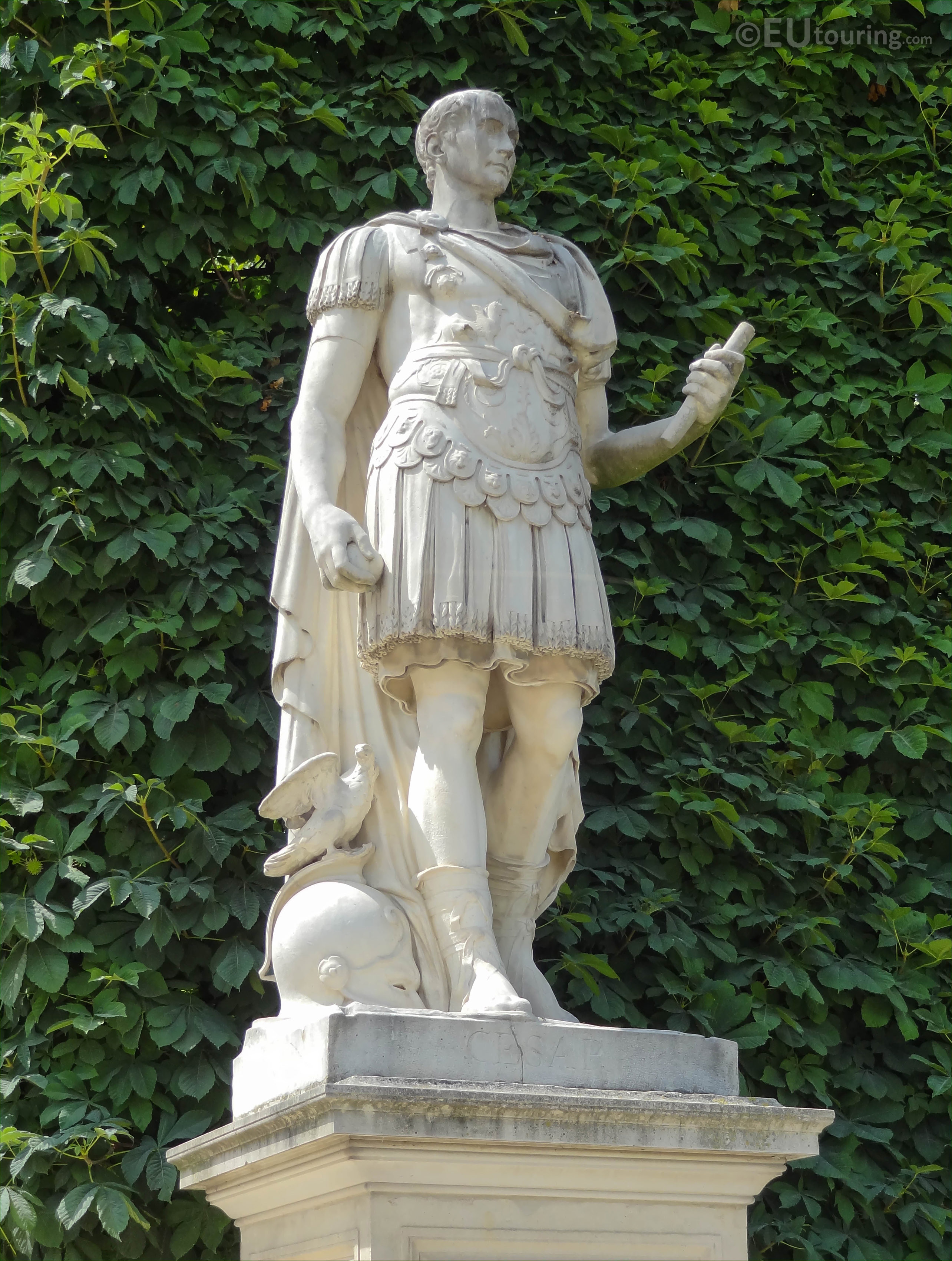
In 629 CE Emperor Heraclius, having changed the official language to Greek nine years earlier, adopted the title of basileus, previously used by Alexander the Great as a translations for emperor and it is thereafter used interchangeably (and often in conjunction) with autokrator in the Byzantine Empire.Īfter the Roman empire collapsed in the West in the 5th century, Latin continued to be used as the language of learning and diplomacy for some centuries. Nevertheless, this title (along with sebastos for augustus) was used in Greek-language texts for Roman emperors from the establishment of the empire. In time it became the title of the de facto monarch, pronounced upon (and synonymous with) their assumption.Īs a title imperator was generally translated into Greek as autokrator ("one who rules himself," also sometimes used as a translation for Roman dictators.) This was necessarily imprecise as it lost the nuances of Latin political thought contrasting imperium with other forms of public authority. The title followed the emperor's name along with the number of times he was acclaimed as such, for example IMP V ("imperator five times"). At first the term continued to be used in the Republican sense as a victory title but attached to the de facto monarch and head of state, rather than the actual military commander. In fact, if a general was acclaimed by his troops as imperator, it would be tantamount to a declaration of rebellion against the ruling emperor. After the reign of Tiberius, the act of being proclaimed imperator was transformed into the act of imperial accession. As a permanent title, imperator was used as a praenomen by the Roman emperors and was taken on accession. Imperator as an imperial titleĪfter Augustus established the Roman Empire, the title imperator was generally restricted to the emperor, though in the early years of the empire it would occasionally be granted to a member of his family. In 15 AD Germanicus was also imperator during the empire (see below) of his adoptive father Tiberius.

The title of imperator was given in 90 BC to Lucius Julius Caesar, in 84 BC to Gnaeus Pompeius Magnus, in 60 BC to Gaius Julius Caesar, relative of the previously mentioned Lucius Julius Caesar, in 45 BC again to Gaius Julius Caesar, in 44 BC to Marcus Iunius Brutus, and in 41 BC to Lucius Antonius (younger brother and ally of the more famous Marcus Antonius).

Imperator gaius julius caesar full#
Since a triumph was the goal of many politically ambitious Roman commanders, Roman Republican history is full of cases where legions were bribed to call their commander imperator. After being acclaimed imperator, the victorious general had a right to use the title after his name until the time of his triumph, where he would relinquish the title as well as his imperium. After an especially great victory, an army's troops in the field would proclaim their commander imperator, an acclamation necessary for a general to apply to the Senate for a triumph. But also, mainly in the later Roman Republic and during the late Republican civil wars, imperator was the honorifical title assumed by certain military commanders. In Roman Republican literature and epigraphy, an imperator was a magistrate with imperium (Rivero, 2006). So, after the comitia curiata, held to elect the king, the king also had to be conferred the imperium.

To be able to rule, the king had to be invested with the full regal authority and power. 1 Imperatores in the ancient Roman Kingdom.


 0 kommentar(er)
0 kommentar(er)
